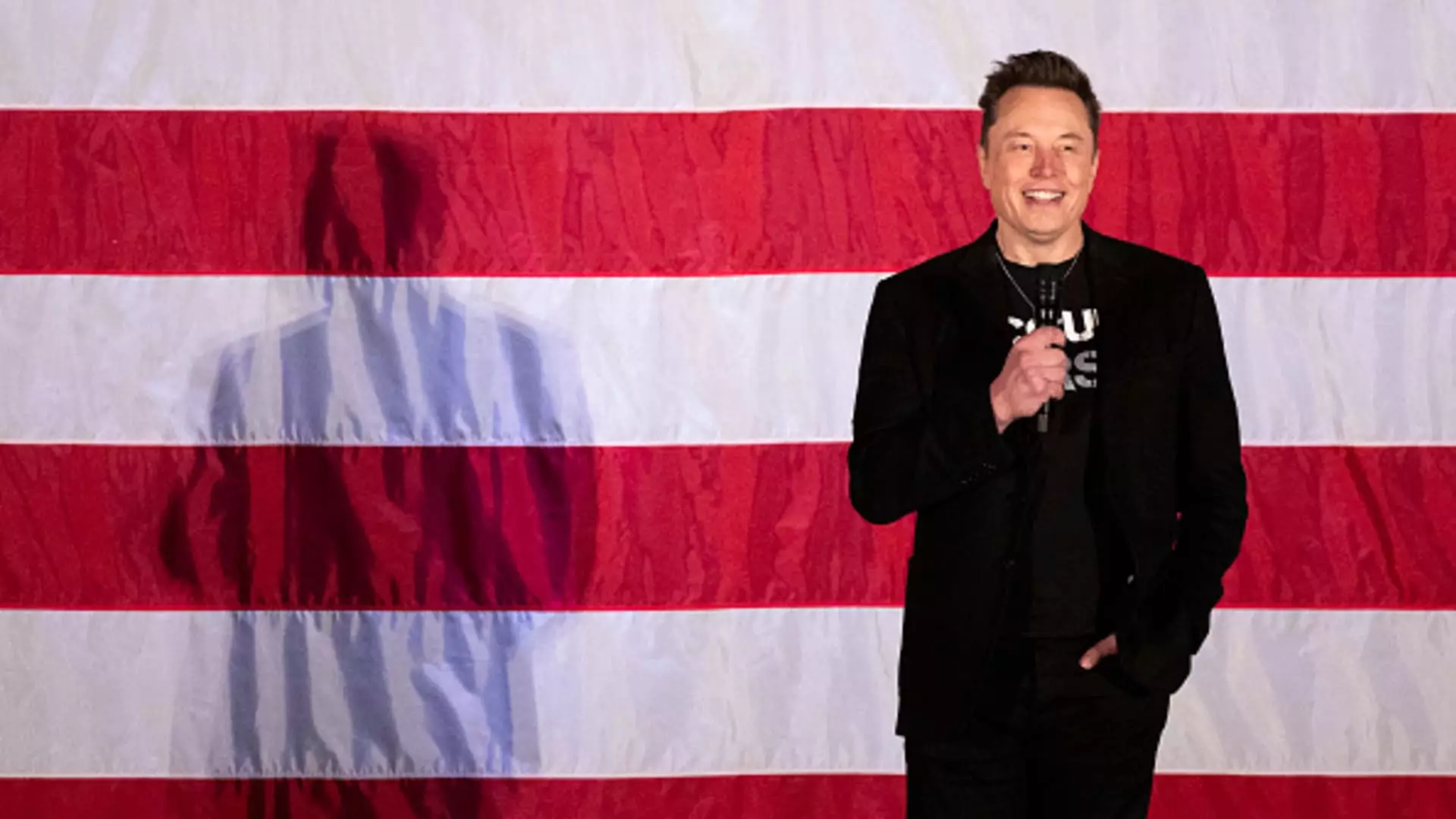In a move that has raised eyebrows across the political landscape, the Philadelphia District Attorney’s Office has taken significant legal action against billionaire entrepreneur Elon Musk and his political action committee, America PAC. The crux of the controversy centers around a proposed $1 million lottery for registered voters in swing states aimed at encouraging participation in the forthcoming presidential election. This initiative, touted by Musk during a recent rally, has been classified as an “illegal lottery” by District Attorney Larry Krasner, prompting a suit that unfolds deeper issues regarding election integrity and voter manipulation.
The lawsuit, filed in the Philadelphia County Court of Common Pleas, asserts that Musk and America PAC are unlawfully inducing Philadelphia residents and others by offering substantial monetary rewards in exchange for personal information and political pledges. Specifically, Musk’s announcement at an October 19 rally urged attendees to provide identifying details, such as addresses and email contacts, with the implication that these would help them enter into the lucrative sweepstakes. The lawsuit states unequivocally that this practice constitutes a lottery, thus violating Pennsylvania law which regulates all such games and prohibits unregulated offerings.
The legal complaint further raises concerns about consumer protection violations. According to Krasner’s office, the contest employs misleading tactics that could confuse voters, thus undermining their ability to make informed decisions leading up to the election. This situation highlights a troubling trend: the merging of financial incentives with civic engagement efforts, which raises ethical questions about the manipulation of voters under the guise of incentivization.
The implications of this lawsuit extend beyond mere legalities into the realm of political integrity. Musk’s support for Republican nominee Donald Trump against Democratic nominee Kamala Harris creates a backdrop of heightened scrutiny. Furthermore, the situation draws parallels with previous accusations against America PAC regarding their questionable data collection practices in swing states. Earlier investigations in states like North Carolina and Michigan, which disclosed that the PAC was allegedly gathering voter information under the pretense of aiding registration, have undoubtedly intensified the current legal predicament.
President Joe Biden’s light-hearted yet pointed remark about Musk’s initiative, “Tell him I’m registered, a million dollars,” signals the seriousness with which these occurrences are being viewed at the highest levels of government. The president’s subsequent assertion that such a money giveaway is “totally inappropriate” encapsulates a broader concern about the integrity of electoral processes and the potential for coercion created by large monetary rewards in politically charged environments.
As the court hearing approaches, with a preliminary injunction slated to be discussed, the outcomes of this legal endeavor may define not only the future of Musk and his PAC’s operations but could also set a precedent regarding the legality of financial incentives tied to political engagement. If the court rules in favor of Krasner, it may restrict not only Musk but possibly other organizations from employing similar strategies in future elections.
This case serves as a critical reminder of the intersection between law, politics, and ethics—particularly concerning the influence of wealth in shaping political behavior and voter motivation. As election laws continue to evolve, Musk’s initiative may become a focal point for future discussions on how far organizations can go in their attempts to mobilize voters, especially those in crucial battleground states.
The lawsuit against Elon Musk and America PAC epitomizes an emerging narrative in which monetary incentives are tied to electoral participation, raising profound ethical and legal questions. The implications of this case could reverberate throughout the political landscape, forcing a reevaluation of current laws governing political action committees and their methods of engaging with voters. As stakeholders await the judiciary’s determination, the focus remains on preserving the integrity of elections against the tumultuous backdrop of financial influence and voter manipulation.


Leave a Reply